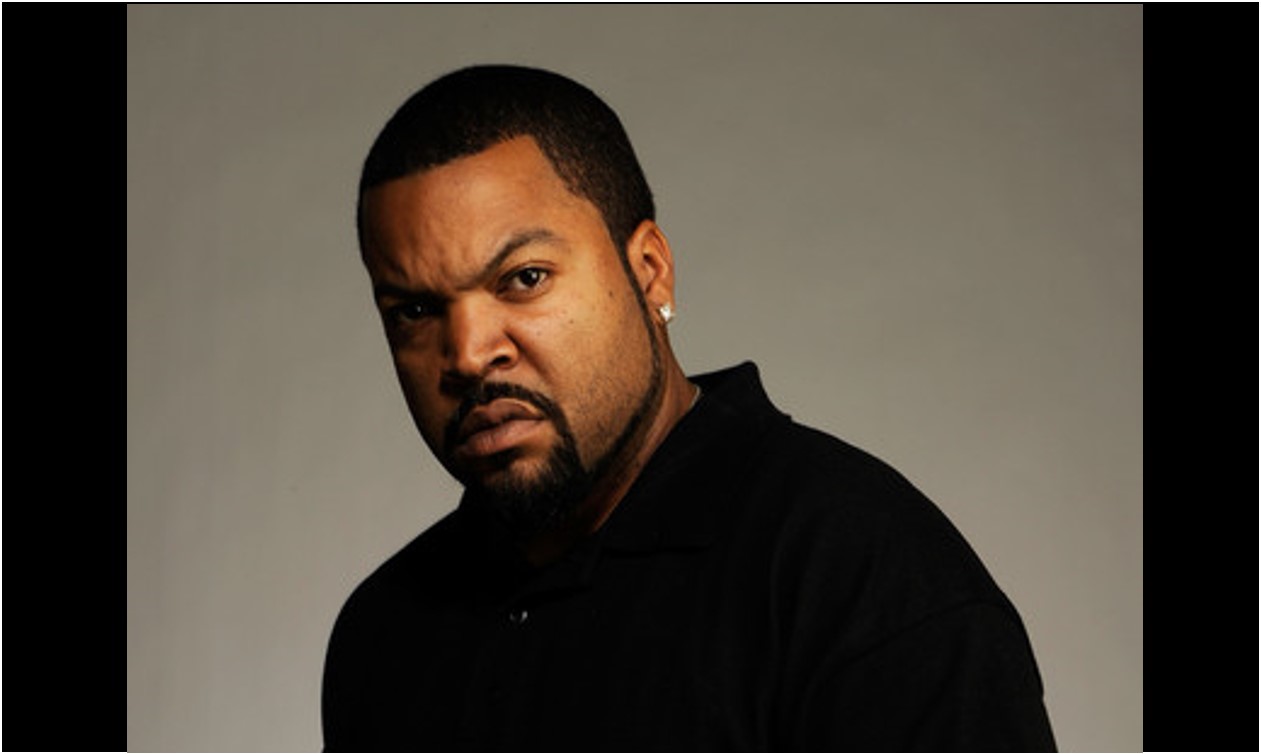After presenting the first award of the 2016 Grammys at the Staples Center, Ice Cube did something unexpected: He left.
“If any of y’all thought I was gonna stay through that three-hour bullshit, you out your batty-ass mind,” he growled to his fans over Snapchat. “I’m back in the car, b—h!” The subsequent drag of smoke into the camera suggested this was — in fact — not the move of a responsible, middle-aged family man, but reaffirmation of his OG status. Contrary to popular thought, he seemed to say, there is swagger in getting home at a reasonable hour.
This is Ice Cube’s world: a balancing act of studied machismo and subdued confidence. Cube arguably hasn’t released a good album since Clinton’s decision to enforce UN sanctions against Haiti — but the former voice behind N.W.A. remains a cultural fixture through an array of projects mostly quarterbacked by his production company, Cube Vision, which frequently positions Cube as a comic face.
Still, it would be a mistake to mischaracterize the hardcore rapper’s appearance in comedy series like 21 Jump Street and Ride Along as simple self-parody. Some misdiagnose Cube with Eddie Murphy syndrome, in which a previously “dangerous” black entertainer is cast in demeaning, cringe-inducing Hollywood fare. (Murphy’s early 2000s output, like Daddy Day Care and Haunted Mansion, have come to define this schlocky subgenre — but the granddaddy is actually Richard Pryor’s excruciatingThe Toy.)


